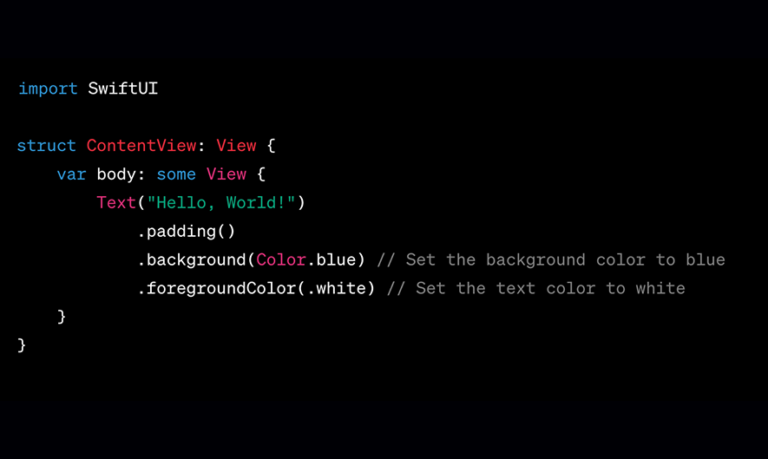Basic C++ Intro (Conditional Statements & Loops)
if statement:
if (conditional) //&&, ||, >=, <=, !=, ==
{
//code to execute
}
else if (conditional)
{
//code to execute if condition is
}
else
{
//code to execute in default
}
/* ---- */
int x;
if (conditional)
{
x = 5;
}
else
{
x = 6;
}
//same as:
int x = (conditional) ? 5 : 6;while, do-while and switch:
/* -- while -- */
while (true)
{
//code to execute
}
/* -- do-while-- */
do
{
//code to execute at least once
}
while ( )
/* -- switch -- */
int x = get_int("enter a number: ");
switch(x)
{
case 1:
//code to execute;
break;
case 2:
//code to execute;
break;
case 3:
//code to execute;
break;
default:
//code to execute;
}
for loop:
for (int i = 0; x < i; i++)
{
//code
} examples:
#include <stdio.h>
#include <cs50.h>
//this is how functions are created
void meow(void)
{
printf("meow\n");
}
int main(void)
{
for (int i = 0; i < 3; i++)
{
meow();
}
}#include <stdio.h>
#include <cs50.h>
void meow(int n);//function prototype
int main(void)
{
meow(3);//the function meow is call with a 3 parameter
}
//function
void meow(int n)
{
for (int i = 0; i < n; i++)
{
printf("meow\n");
}
}#include <stdio.h>
#include <cs50.h>
#include <cs50.h>
float discount(float price, float percentage);
int main(void)
{
float regular = get_float("Regular Price: ");
float saleDiscount = get_float("Enter Discount: ");
float sale = discount(regular, saleDiscount);
printf("Sale Price: %.2f\n", sale);
}
//function
float discount(float price, float percentage)
{
return price * (100 - percentage) / 100;
}
//to round a number there is a function called round(parameter)